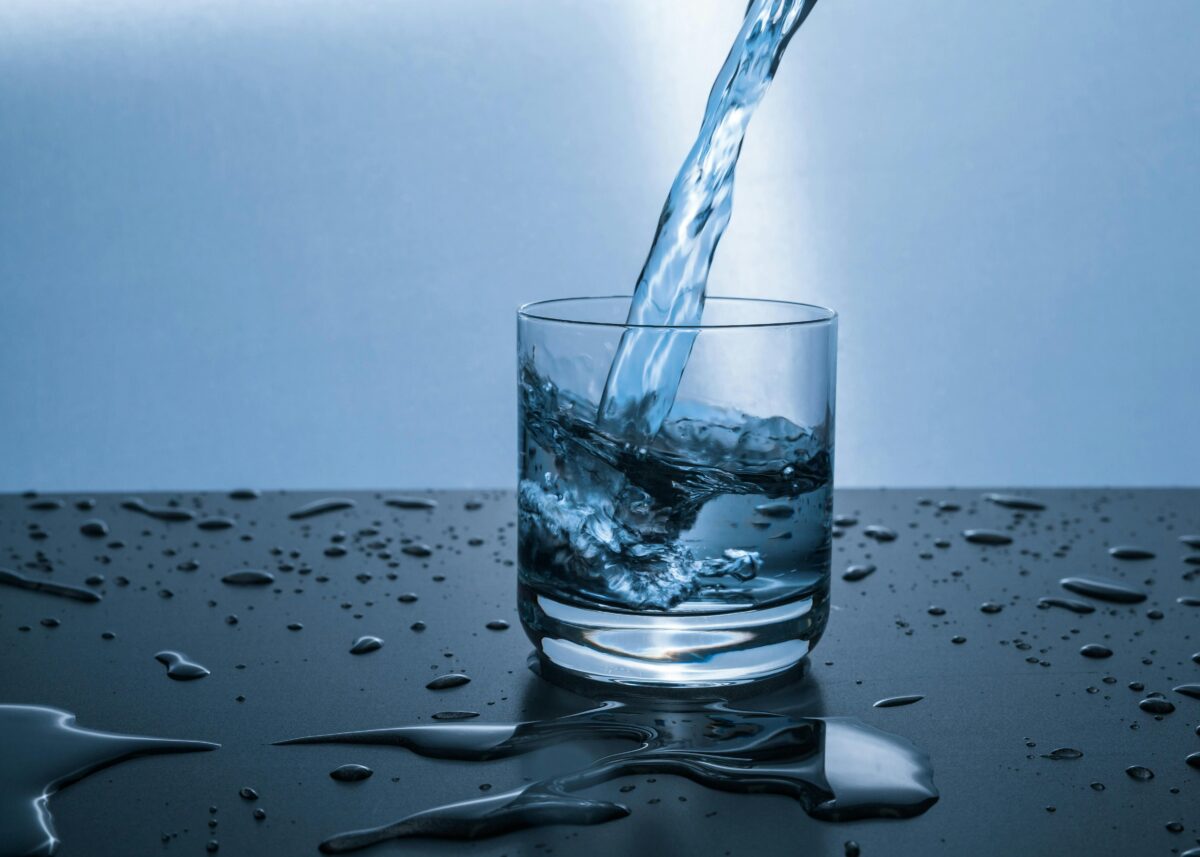- Can Swimming With Hearing Aids Be Safe? - May 7, 2025
- Why Hydration Matters for Hearing Health - April 9, 2025
- Ensuring Safe Travels with Hearing Aids - March 7, 2025
Water is a major component of the human body, accounting for about 60% of its composition. Nearly every bodily function requires water, including circulation, digestion, and temperature regulation. Organs, including the ears, depend on it to function correctly.
The ears are delicate structures that need proper hydration to work well. The inner ear, particularly, has a fluid-filled structure, important for transmitting sound waves and maintaining balance. Therefore, proper hydration supports these critical processes and fosters an individual’s overall hearing health.
How Dehydration Affects Hearing
Dehydration occurs when the body loses more fluids than it takes in, affecting various bodily functions. When dehydration becomes a problem, one may experience dizziness, fatigue, and forgetfulness. It can also directly impact hearing.
Dehydration thickens the blood, making it harder for it to circulate. Poor circulation means less oxygen reaches the inner ear, impairing its ability to transmit sound waves effectively. This may result in hearing difficulties or temporary hearing loss.
Next, dehydration can cause an imbalance in electrolytes, which impacts nerve function. Nerves are essential in sending sound signals from the ears to the brain. When hydration levels drop, nerve transmission may become inefficient, potentially affecting sound processing.
Staying Hydrated for Better Hearing Health
Thankfully, maintaining good hydration is relatively simple and can be incorporated into everyday routines. Here are some practical tips for staying hydrated, supporting not just one’s hearing but overall health:
- Drink Water Regularly: Consistently drinking water throughout the day helps maintain fluid balance. Aim to consume at least eight cups of water daily, adjusting for individual needs.
- Eat Water-Rich Foods: Incorporate foods high in water content into meals. Fruits like watermelon, cucumbers, and oranges provide excellent sources of hydration.
- Limit Caffeine and Alcohol: These beverages can lead to dehydration, reversing the benefits of drinking water. Reducing their intake helps maintain optimal hydration levels.
- Pay Attention to Signs: Thirst, dark urine, and dry mouth signal dehydration. Responding to these signs promptly helps maintain hydration efficiently.
Practical Steps for a Hydrated Lifestyle
Creating a regular hydration routine fosters better hearing health over time. Setting reminders to drink water can build good habits, especially for busy people. Additionally, a reusable water bottle makes staying hydrated convenient, whether at work, school, or travel.
Those engaging in physical activities, particularly warm conditions, should be extra mindful of their fluid intake. Exercise increases fluid loss, necessitating heightened attention to hydration. Increasing water intake before, during, and after workouts is a good approach to replacing lost fluids.
Conclusion
Recognizing the connection between hydration and hearing health underlines the importance of prioritizing water intake. The simple commitment to drinking water and maintaining hydration can bring substantial hearing health benefits. By understanding and acting on this knowledge, your hearing health—and thus overall health—can significantly improve.

